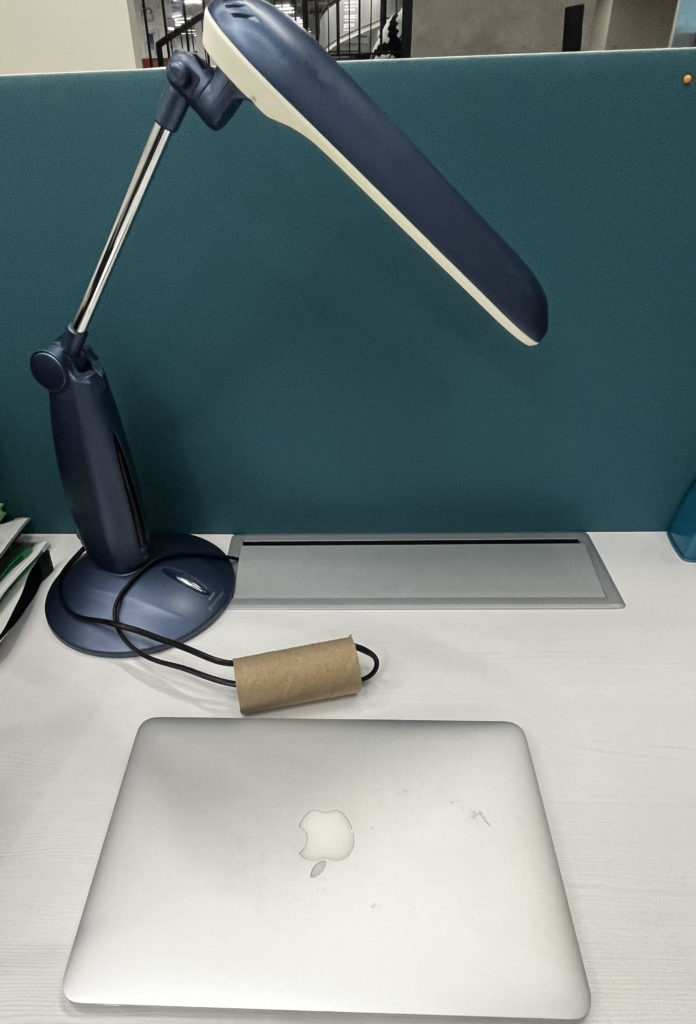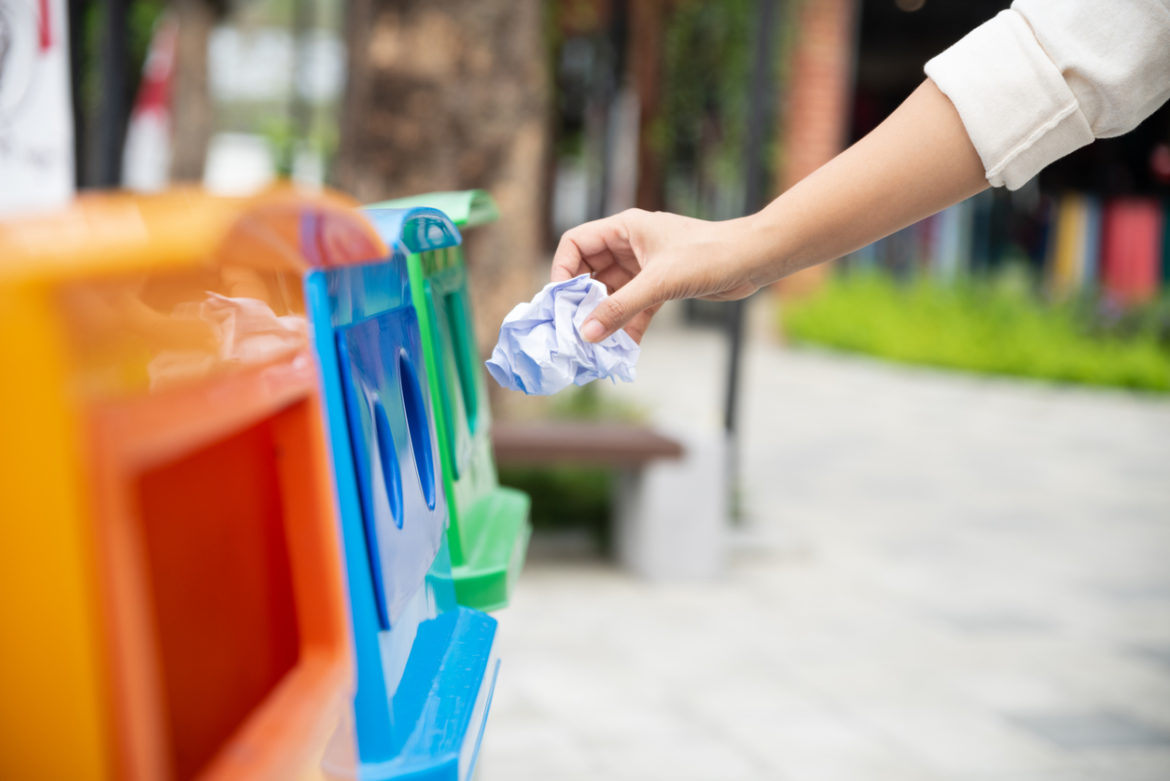Recycling plays an important role in protecting our environment by reducing the need for incineration, and turning trash into new products. However, in order for the process to work effectively, it is our responsibility to learn how to do it properly.
However, not all items can be recycled, and some might require a little bit more effort. Read on to find out which items can or cannot be recycled, along with suggested best practices.
PAPER
Recycling paper helps to save trees and forests. Planting new trees can’t compensate for deforestation. It’s important to conserve our natural resources.
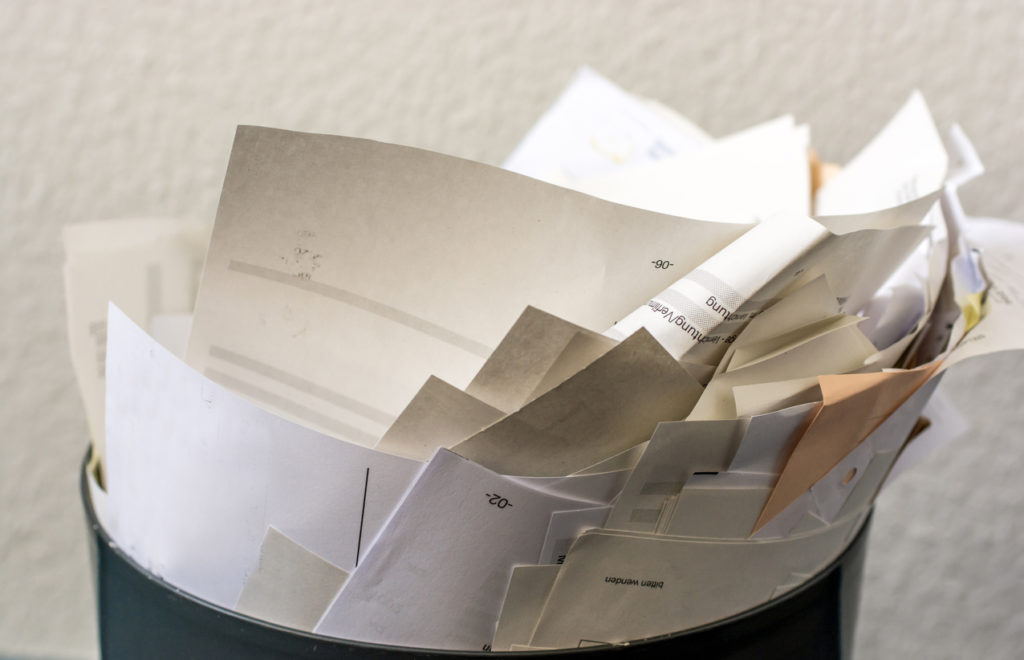
What can be recycled
Books, brochures, calendars, cardboard boxes, drink cartons, egg trays, envelopes, flyers, magazines, newspapers, paper towels and toilet roll tubes, printed paper, tissue boxes and writing paper.
What cannot be recycled
Used disposable paper cups and plates, used paper towels, waxed paper for wrapping food, paper contaminated with food, tissue paper and toilet paper.
PLASTIC
Recycling plastic means creating fewer new plastic items, which are made from fossil fuel hydrocarbons.
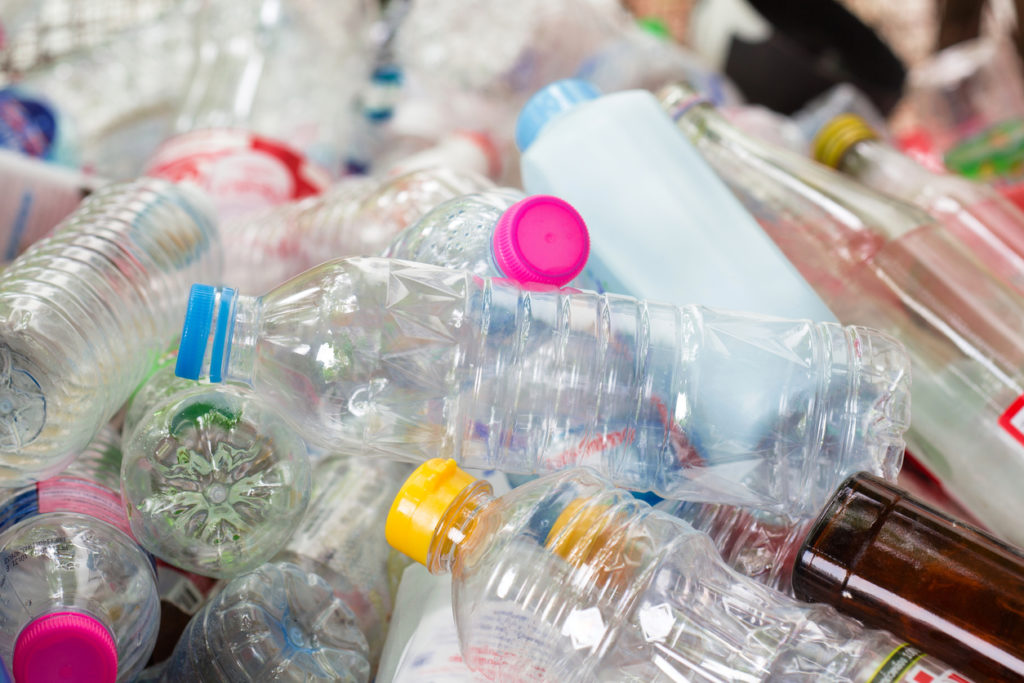
What can be recycled
Beverage bottles, bread packaging wrappers, compact disks and their casings, clothes hangers, detergent bottles, magazine wrappers, plastic bags, plastic bottles/containers and food containers (non-polystyrene).
What cannot be recycled
Blister packs, all disposable cutlery contaminated with food waste, disposable food containers made of styrofoam or biodegradable plastics, cassettes and videotapes, straws and plastic film packaging contaminated with food waste.
GLASS
Sand, which is a primary component in the production of glass, is depleting at an alarming rate. Recycling glass reduces the consumption of such raw materials.
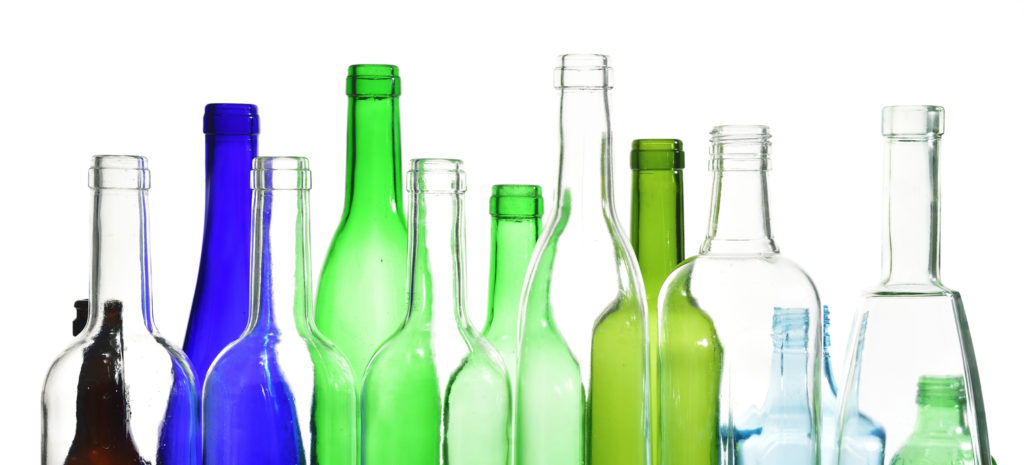
What can be recycled
Beverage bottles, cosmetic bottles, glass cups and plates, jam and spread bottles, medicine and supplement bottles, and sauce and condiment bottles.
What cannot be recycled
Ceramics, light bulbs (use lamp recycling bins instead), mirrors and window glass.
METAL
Recycling metal items will help to reduce the risky, expensive and environmentally damaging mining procedures to extract new metal ores.
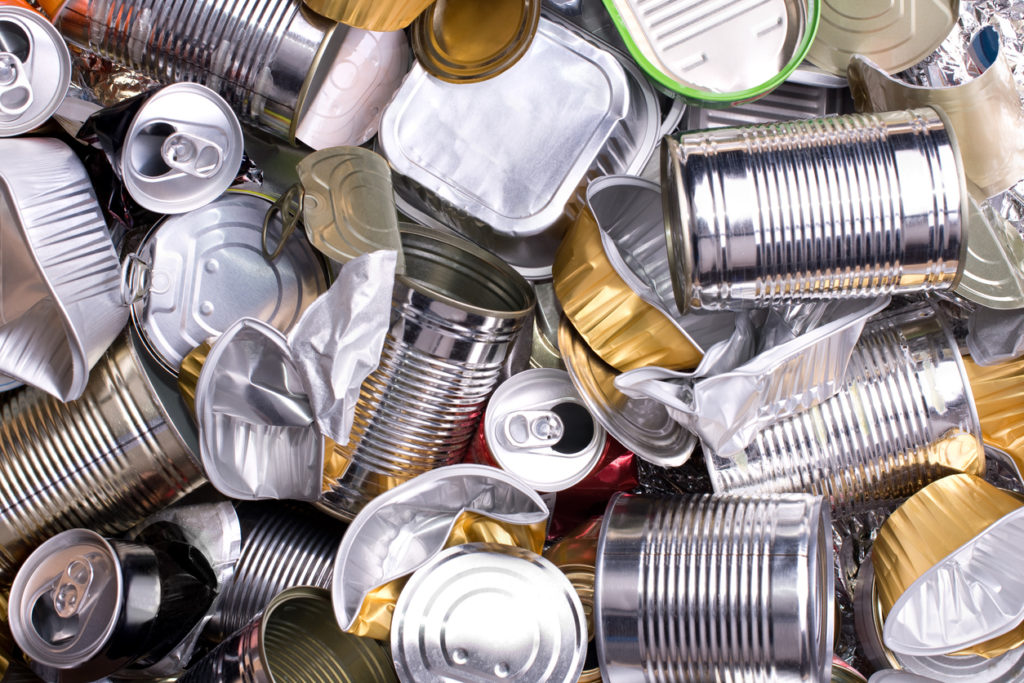
What can be recycled
Aerosol cans, aluminium trays and foil, food tins, bottle caps, drink cans, food cans and paint cans.
What cannot be recycled
Rusty metal cans, dirty aluminium foil, trays and e-waste.
MISCELLANEOUS ITEMS
While you can consider donating items such as well-kept toys, clothes, handbags, electronic items and furniture to charitable organisations, items that you have been using for a long time and no longer need can be recycled.
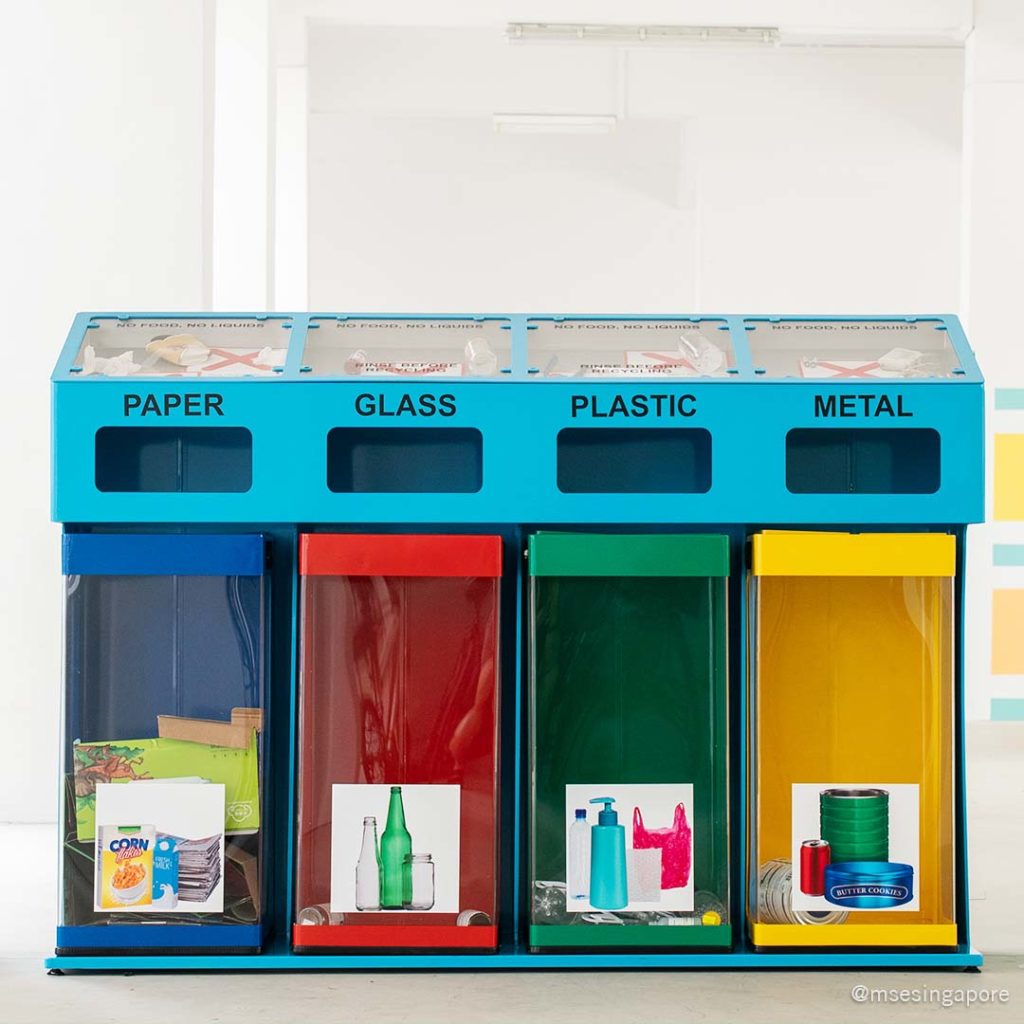
What can be recycled
Old clothes, electrical and electronic items.
What cannot be recycled
Diapers and sanitary pads, food waste, furniture, household batteries, leftover medicine, pens and pencils, plants and horticultural waste, shoes, soft toys, spectacles, and wood items including disposable chopsticks.
GOOD RECYCLING HABITS
- Set aside a separate bin at your house to hold your recyclable items. It will make the recycling process smoother and more efficient.
- Flattening your recyclables will save space in recycling bins and lorries, allowing more items to be recycled at once. Furthermore, less time will be needed to pick up and drop off recyclables to area plants.
- Remember to rinse your recyclables such as beverage bottles, toiletry bottles and food jars to rid them of residue, or they will contaminate your recycling bin and recycling facilities will be unable to recycle them.
- Deposit your recyclables properly.
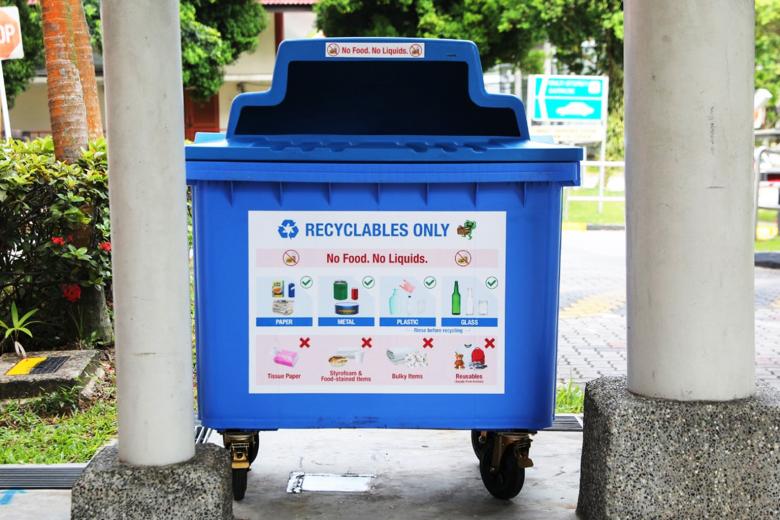
Residents who live at HDB flats can bring their recyclables to the blue recycling bins, which are located at every block. Condominiums and private apartments also have recycling bins provided by the estate’s managing agent. As for those who reside on landed properties, they should deposit their recyclables into the commingled recycling bin provided to every landed unit.
REPURPOSING HACKS
As they say, the best way to recycle is to not generate any waste or minimise the amount of it. By repurposing certain quotidian items, we can keep using them for a longer period and prevent them from ending up at our landfill on Pulau Semakau, which is expected to run out of space by 2035 at the current rate of waste generation.
- If you have some empty glass bottles lying around, wash them, remove the labels and fill them with flowers or put money plants in the bottles – a low-maintenance way to bring some greenery indoors. Just remember to change the water twice a week to prevent mosquitoes from breeding.
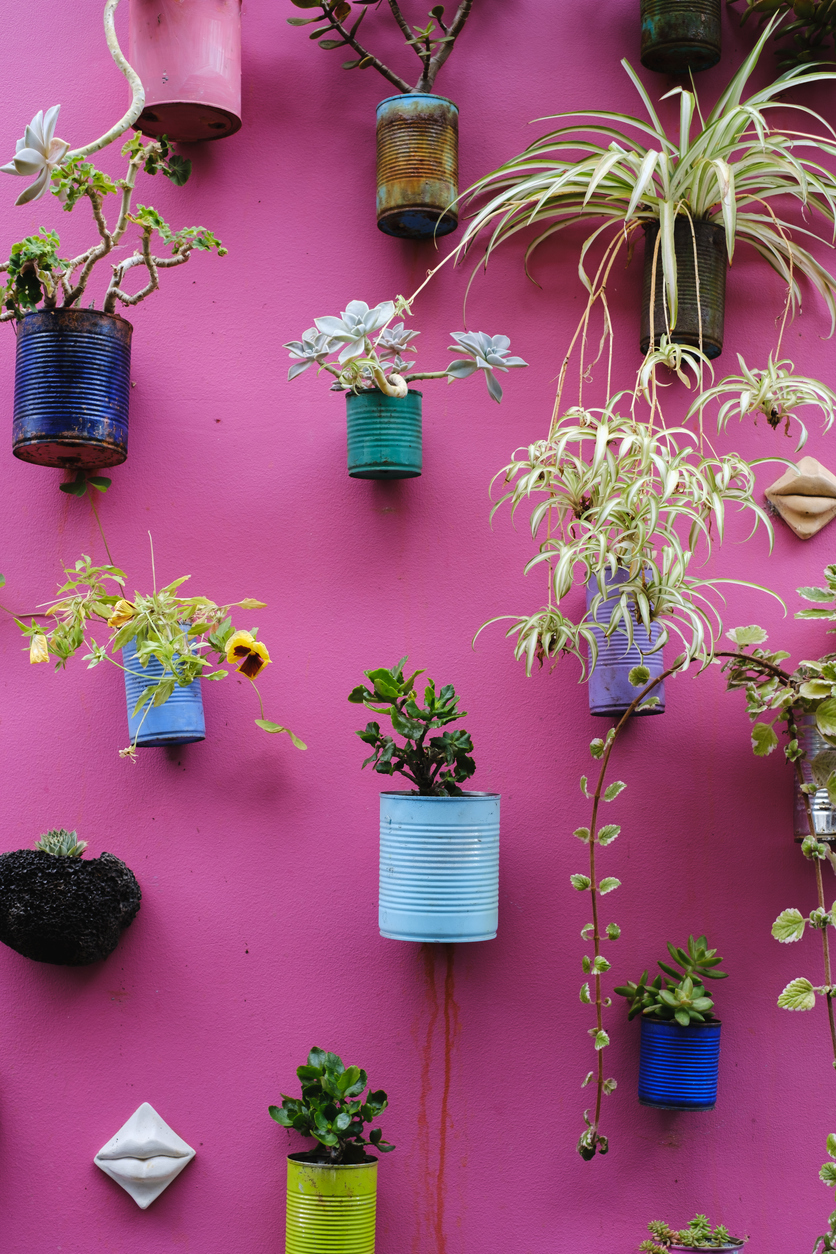
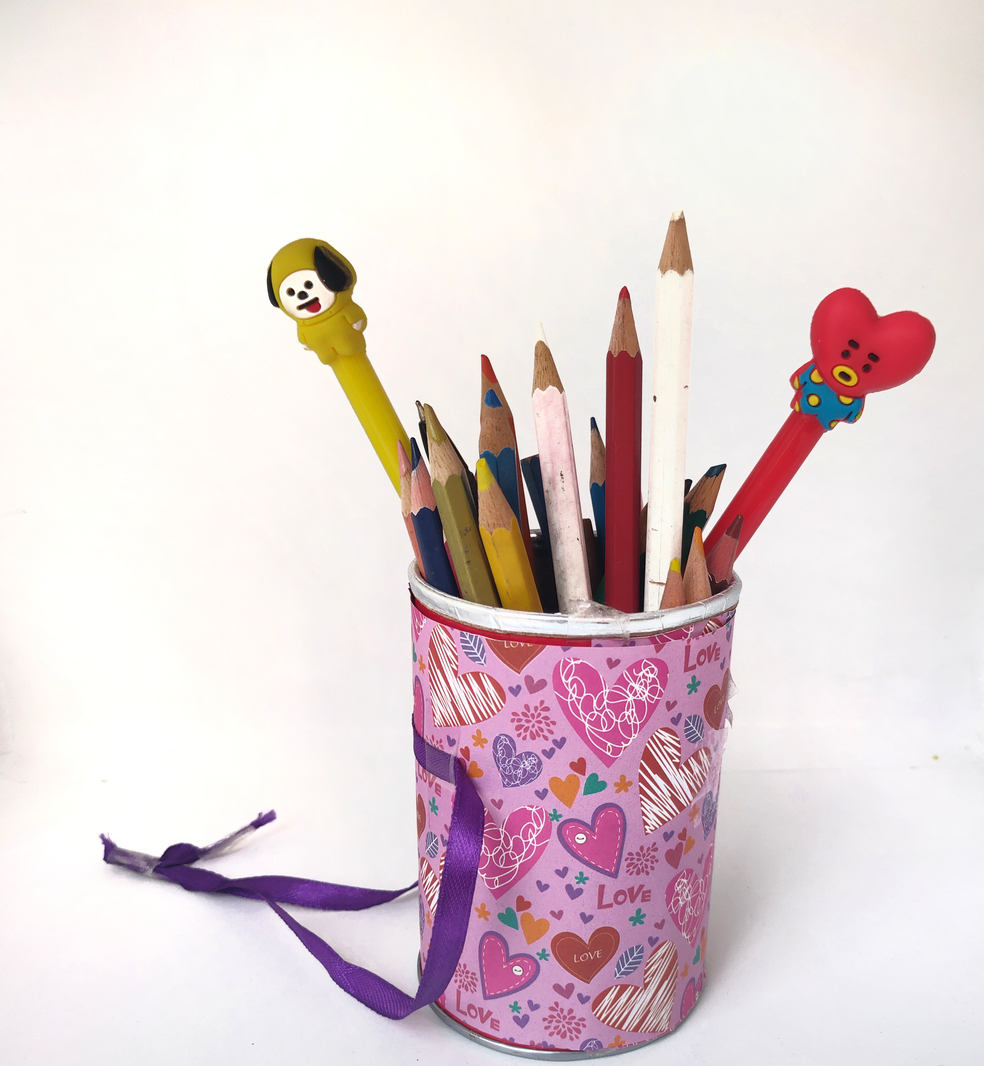
- Painted tin cans can be used as wall planters. They can also serve as storage containers for stationery and trinkets.
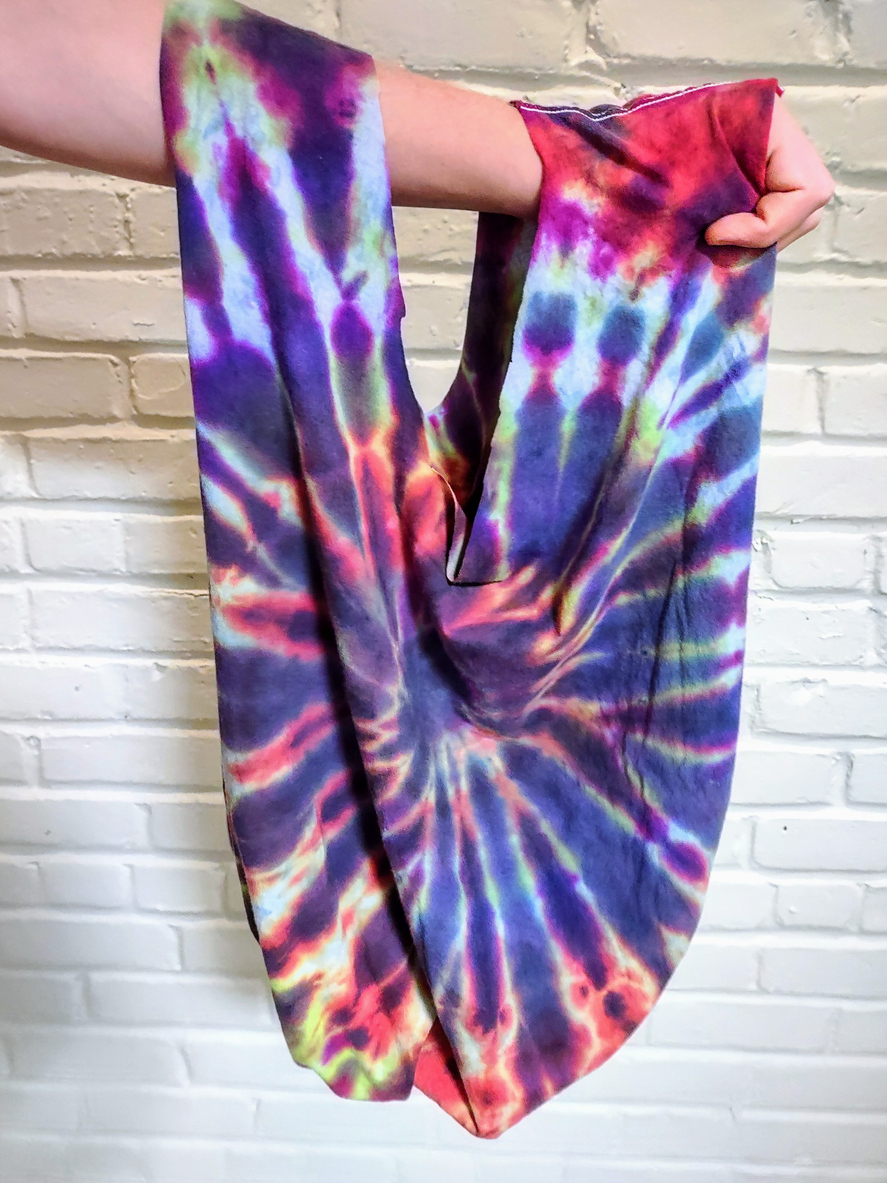
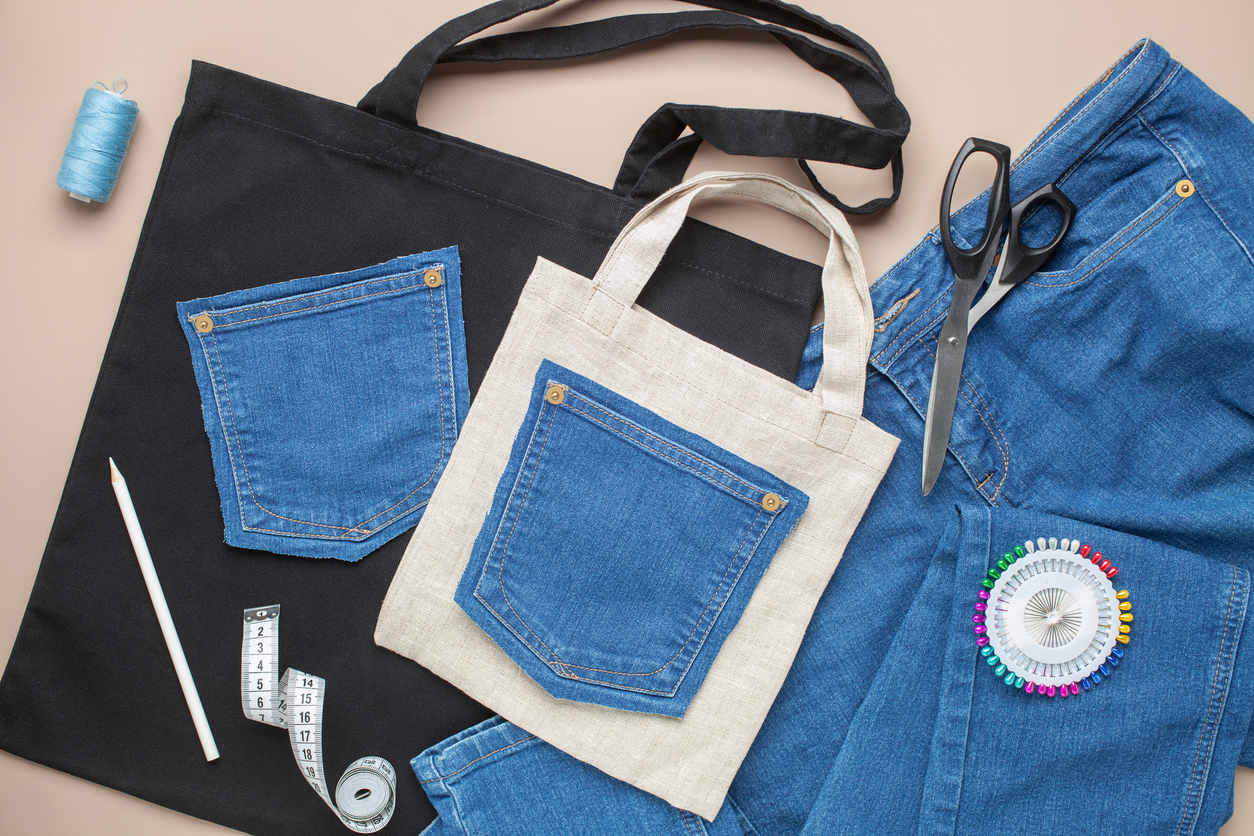
- T-shirt and denim fabric have endless possibilities for upcycling. For instance, you can turn your disused T-shirts and jeans into reusable tote bags to bring with you to the market, or use them as rags when you wash your car or do general cleaning around the house.
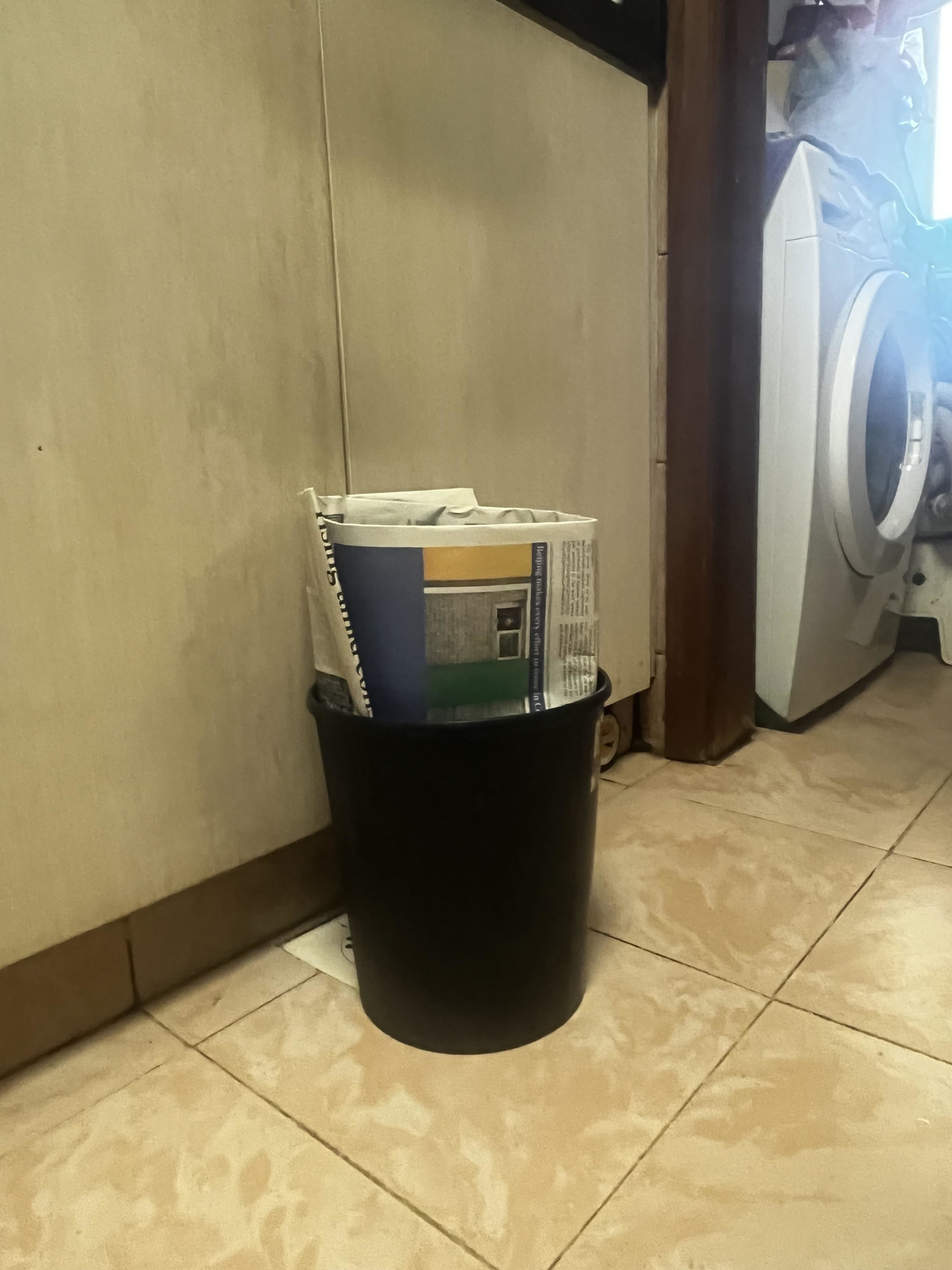
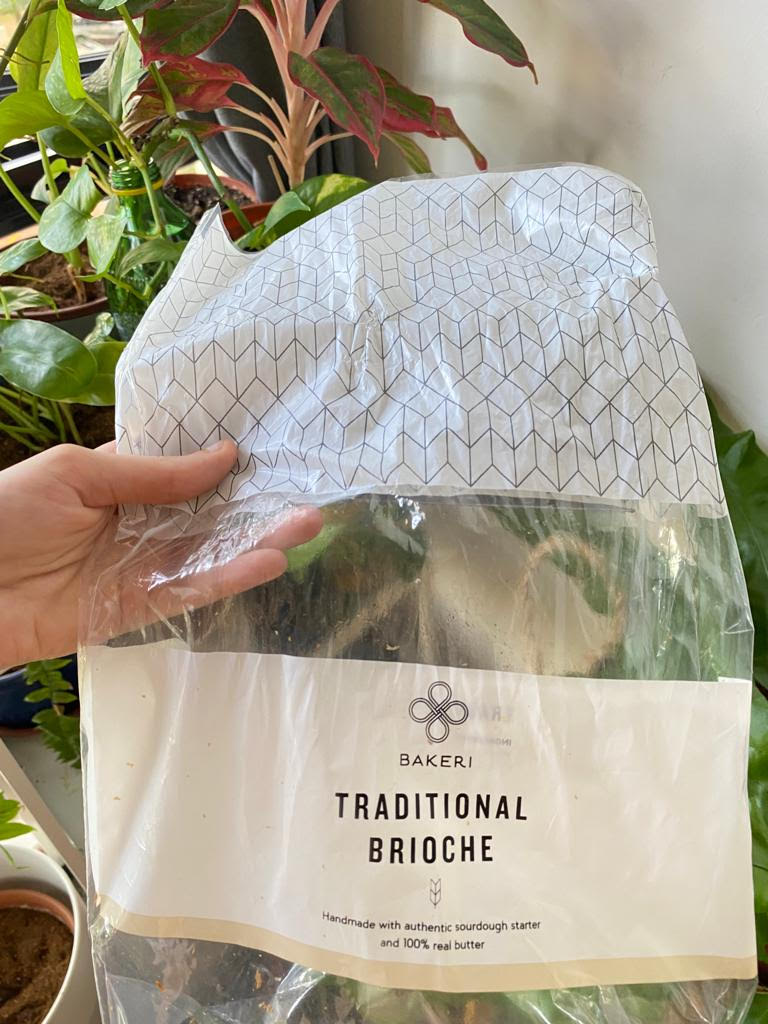
- Old newspapers can be used to line trash cans. They absorb liquid spills as well as odours.
- Empty bread bags can be used to pick up dog poop, saving you the need to buy extra plastic bags for the purpose.
- Use the empty tubes of toilet paper and kitchen towels to neatly store and organise cables and wires.
